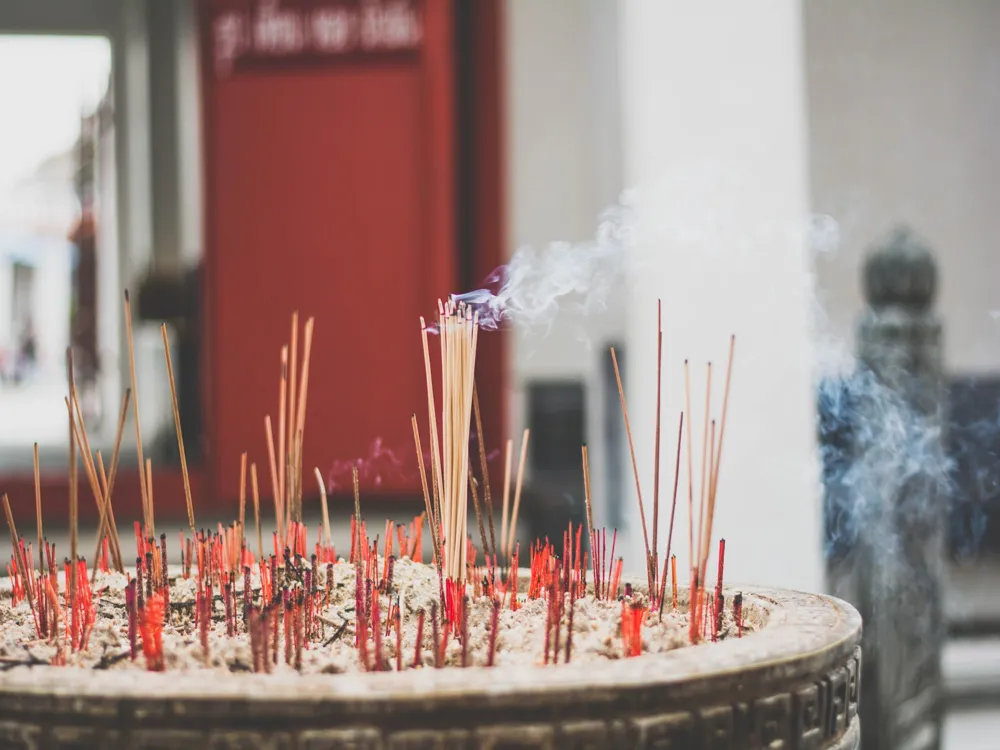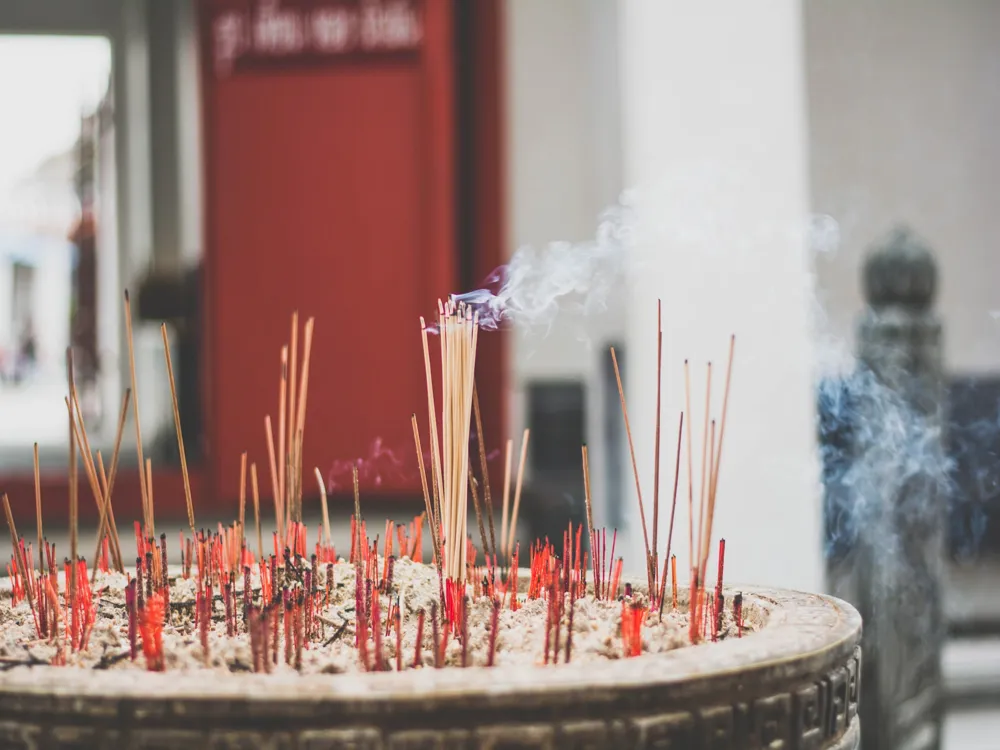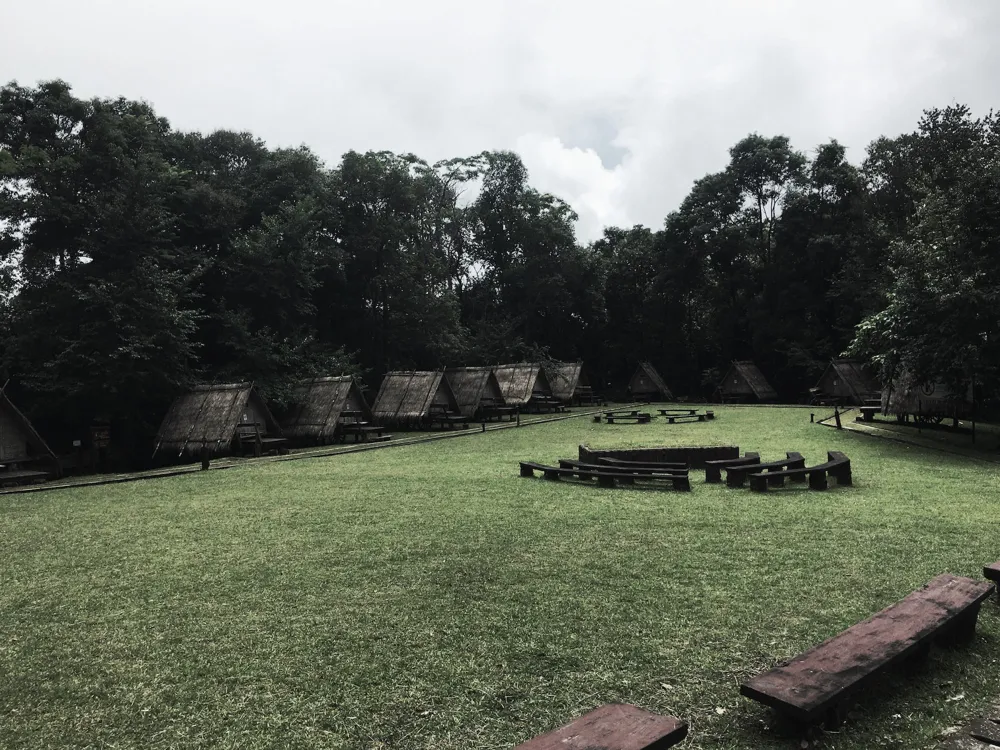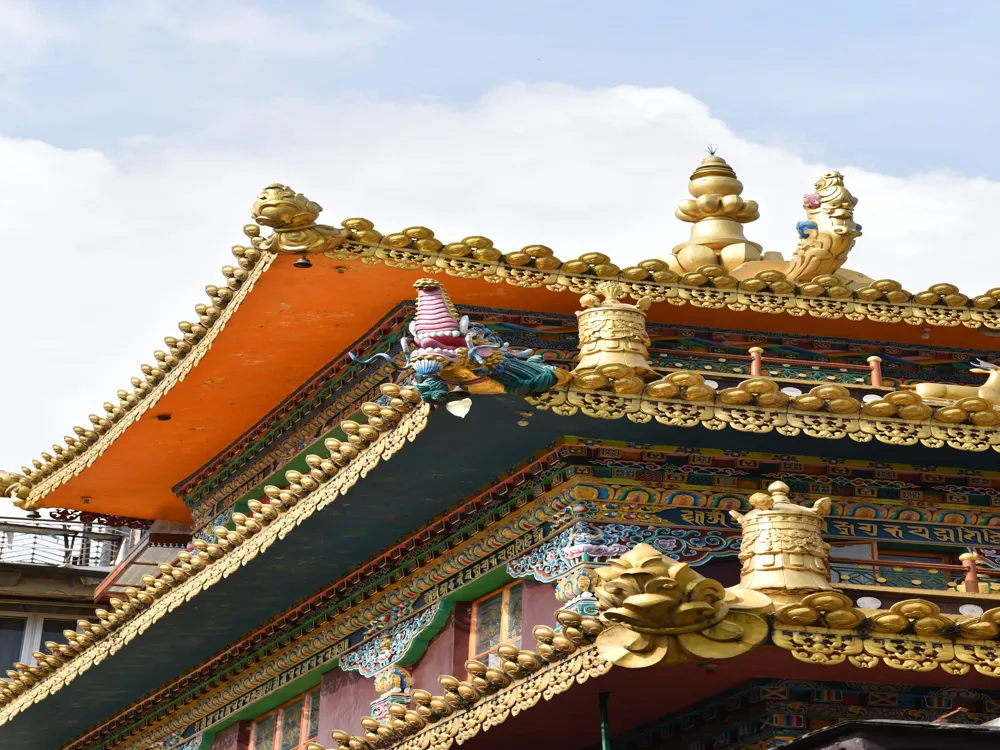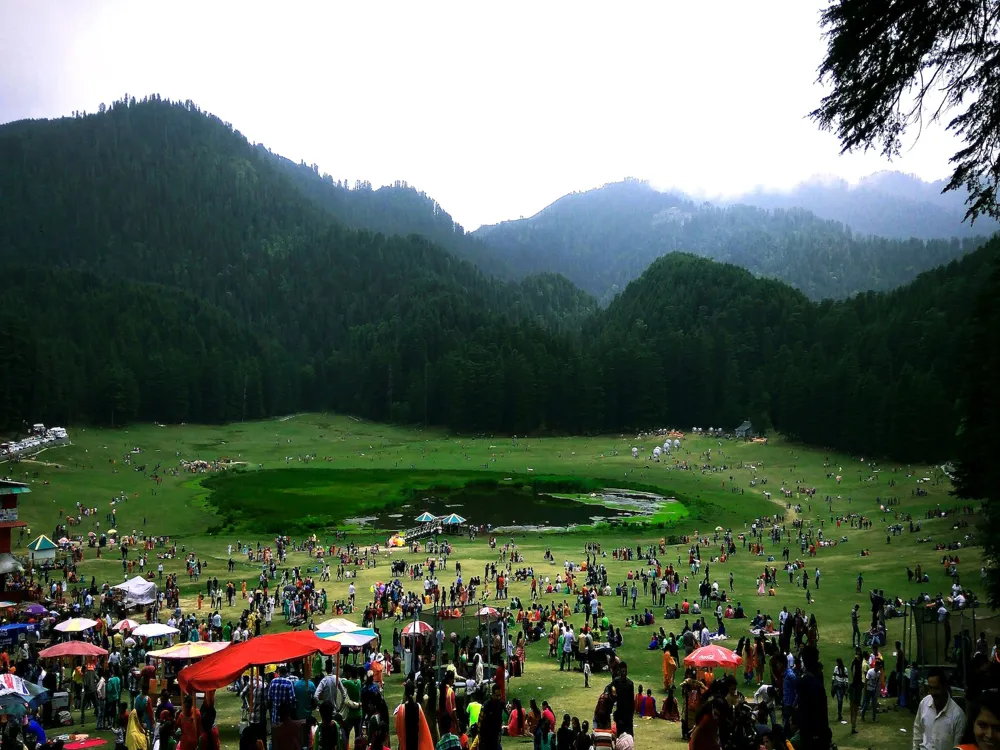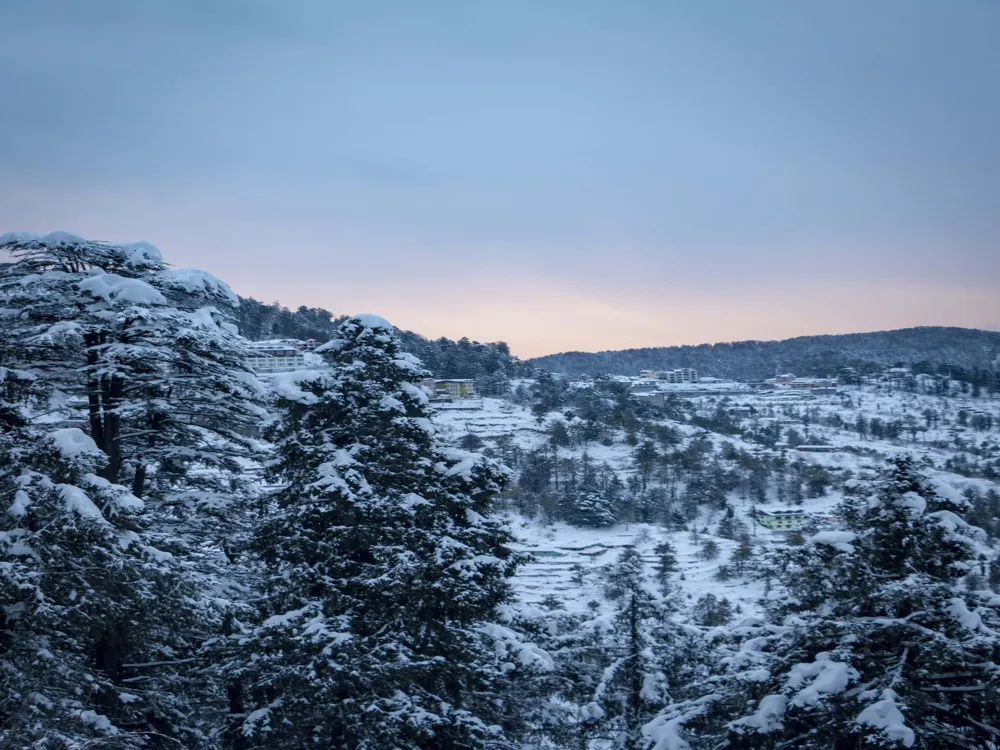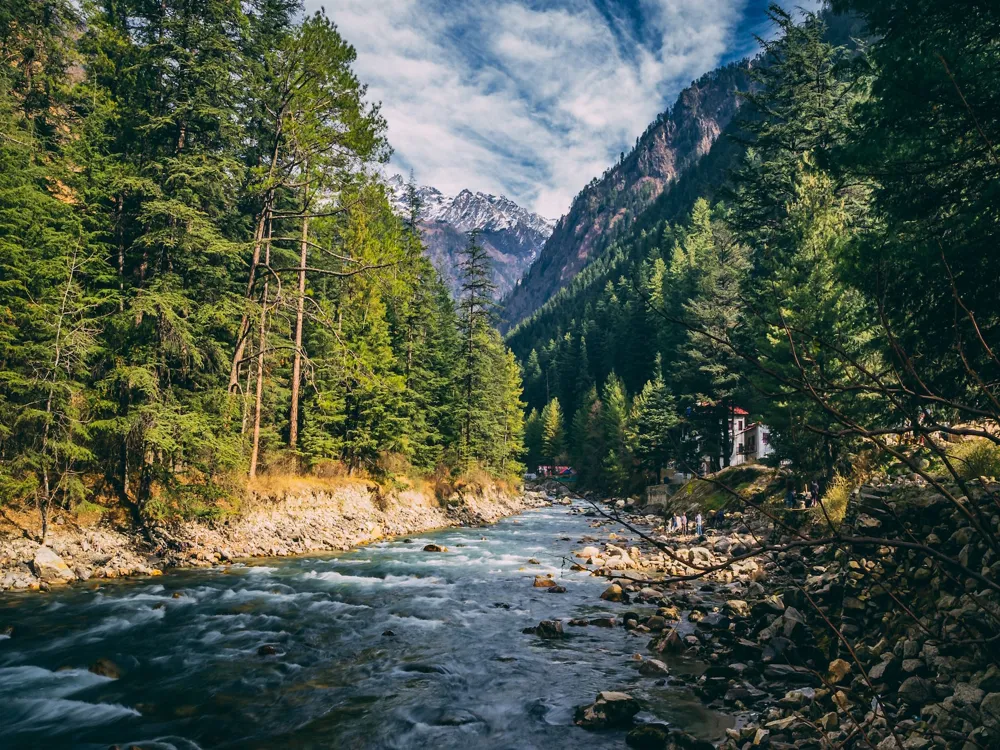The Baijnath Temple, located in the serene Kangra valley of Himachal Pradesh, is a revered historical and religious site. This ancient temple, dedicated to Lord Shiva, is more than just a place of worship; it's a testament to the rich cultural heritage and architectural genius of ancient India. Known for its tranquil ambiance and spiritual aura, the temple attracts thousands of devotees and tourists each year, who come to seek blessings and marvel at its historical grandeur. The history of Baijnath Temple dates back to the 12th century, making it a significant archaeological site. According to legend, the temple was built by two merchant brothers on the spot where Lord Shiva and Parvati were said to have married. Over the centuries, this temple has not only been a spiritual haven but also a centerpiece of numerous historical narratives, thus playing a pivotal role in the cultural tapestry of Kangra. Surrounded by breathtaking landscapes, the temple is nestled in the lush green valleys of Himachal Pradesh, offering a panoramic view that adds to its mystical charm. The temple, throughout the year, witnesses various festivals and rituals, making it a vibrant and lively place that resonates with chants and hymns, creating an ambiance filled with divine energy. The architecture of Baijnath Temple is a splendid example of the Nagara style of temple architecture, prevalent in the northern parts of India. This architectural style is characterized by its beehive-shaped shikhara (tower), intricate carvings, and a distinct sanctum sanctorum. The temple stands as a testament to the artistic and engineering skills of the medieval period, showcasing the excellence achieved in stone carving and temple construction. The temple's exterior is adorned with an array of sculptures depicting various deities, scenes from Hindu mythology, and exquisite patterns, each telling a story of its own. The main shrine houses a beautiful lingam, the symbolic representation of Lord Shiva. The sanctum is supported by ornate pillars, each intricately carved with figures of gods and goddesses, adding to the spiritual and aesthetic ambiance of the temple. One of the most remarkable features of the Baijnath Temple's architecture is its precise astronomical alignment. The temple is strategically positioned so that the first rays of the rising sun fall directly on the lingam inside the sanctum, a feature that reflects the advanced understanding of astronomy and its integration into architectural design by the ancient architects. Visitors are advised to dress modestly, respecting the sanctity of the temple. Traditional Indian attire is recommended. It's also important to maintain a quiet and respectful demeanor within the temple premises. The best time to visit Baijnath Temple is during the cooler months from September to March when the weather is pleasant. Monsoon season should be avoided due to heavy rainfall and potential landslides in the area. While photography might be allowed in certain areas of the temple, it is prohibited inside the main sanctum. Visitors are advised to check with temple authorities for specific photography guidelines. Visitors should be aware of local customs such as removing shoes before entering the temple, not touching the idols, and following the queue system for darshan (viewing the deity). Baijnath Temple is well-connected by road and can be reached from major cities of Himachal Pradesh and neighboring states. The nearest airport is Kangra Airport, about 50 km from the temple. The nearest railway station is at Palampur, 16 km away. Regular bus services and taxis are available from these points to reach the temple.Overview of Baijnath Temple in Kangra, Himachal Pradesh
Architecture of Baijnath Temple
Tips When Visiting Baijnath Temple
Dress Code and Conduct
Best Time to Visit
Photography Rules
Local Etiquette
How To Reach Baijnath Temple
Baijnath Temple
Kangra
Himachal Pradesh
NaN onwards
View kangra Packages
Weather :
Label : Must Visit
Tags : Temple
Timings : 6:00 AM - 9:00 PM
Time Required : 1-2hrs
Entry Fee : No entry fee
Planning a Trip? Ask Your Question
Kangra Travel Packages
View All Packages For Kangra
Top Hotel Collections for Kangra

Private Pool

Luxury Hotels

5-Star Hotels

Pet Friendly
Top Hotels Near Kangra
Other Top Ranking Places In Kangra
View All Places To Visit In kangra
View kangra Packages
Weather :
Label : Must Visit
Tags : Temple
Timings : 6:00 AM - 9:00 PM
Time Required : 1-2hrs
Entry Fee : No entry fee
Planning a Trip? Ask Your Question
Kangra Travel Packages
View All Packages For Kangra
Top Hotel Collections for Kangra

Private Pool

Luxury Hotels

5-Star Hotels

Pet Friendly







